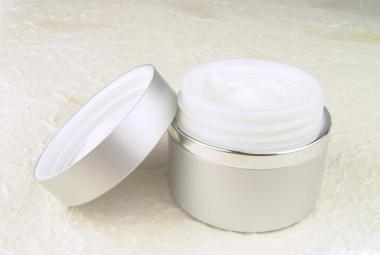Over-The-Counter Treatments for GI Complaints
A typical pharmacy has shelf after shelf of medicines that can be sold without a doctor's prescription. These are called over-the-counter (OTC) drugs. Many concerned mothers wonder about the safety of...









